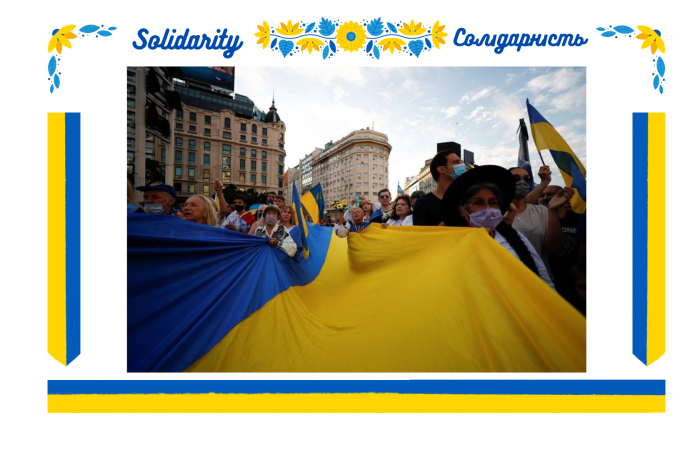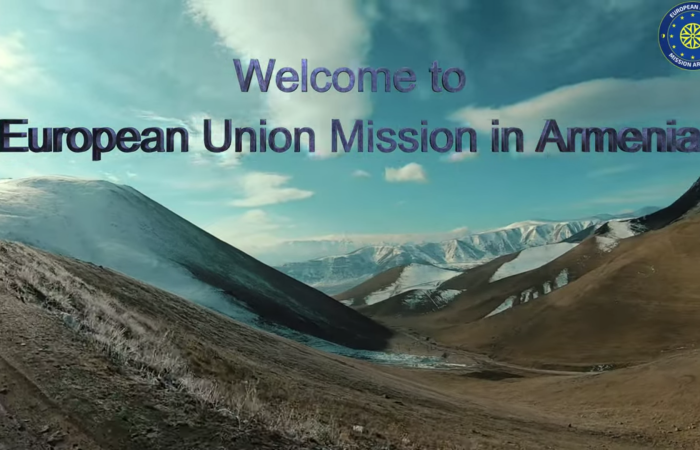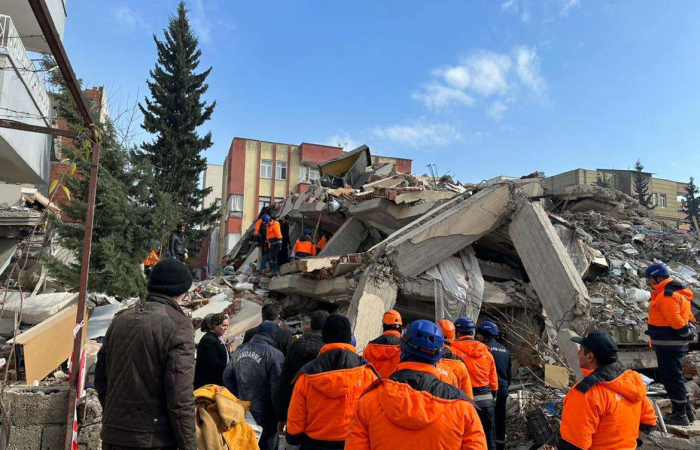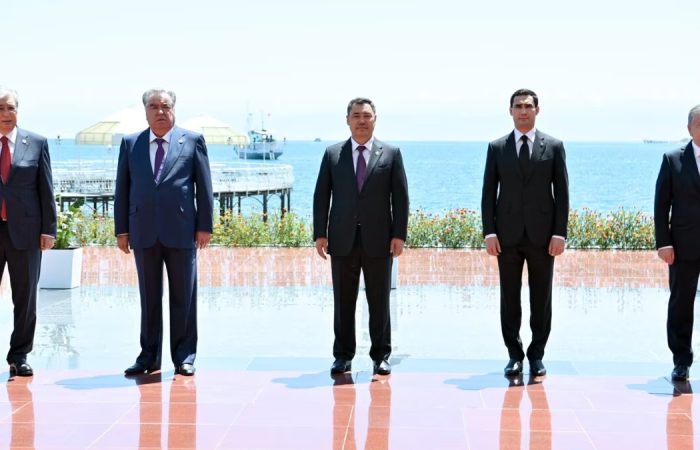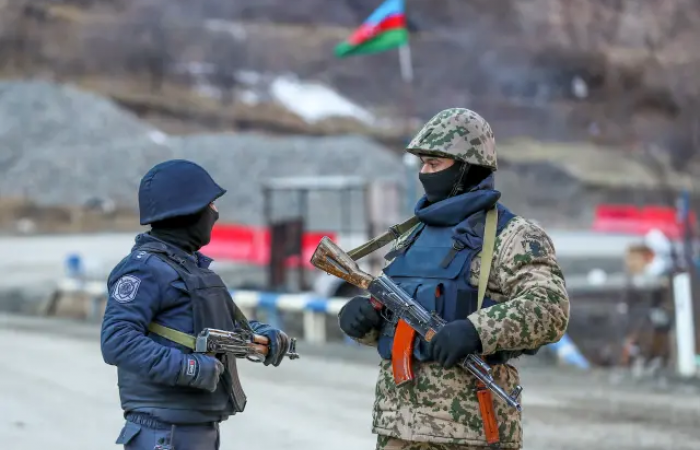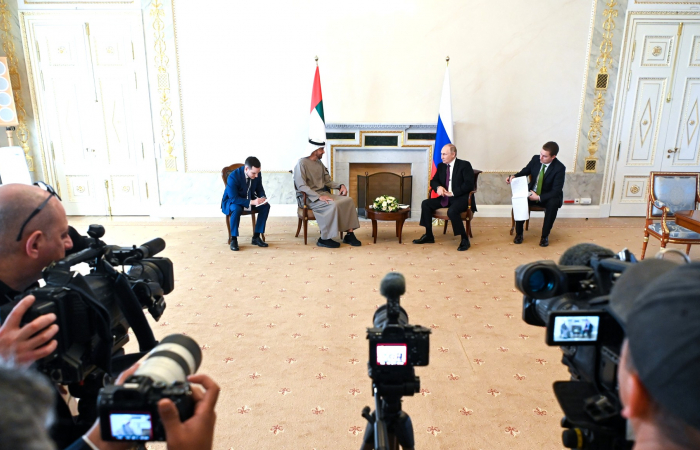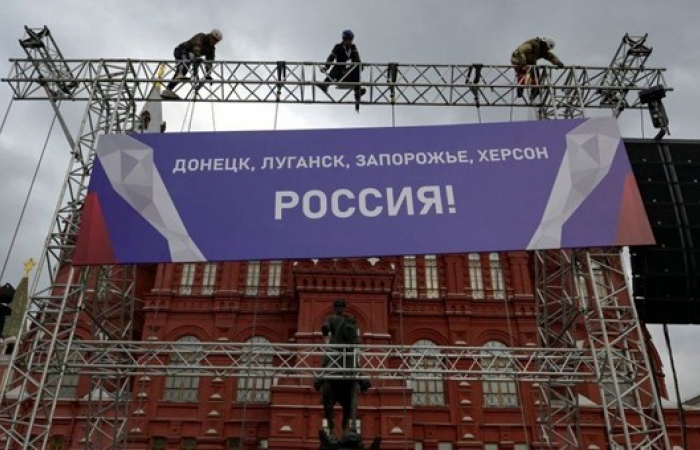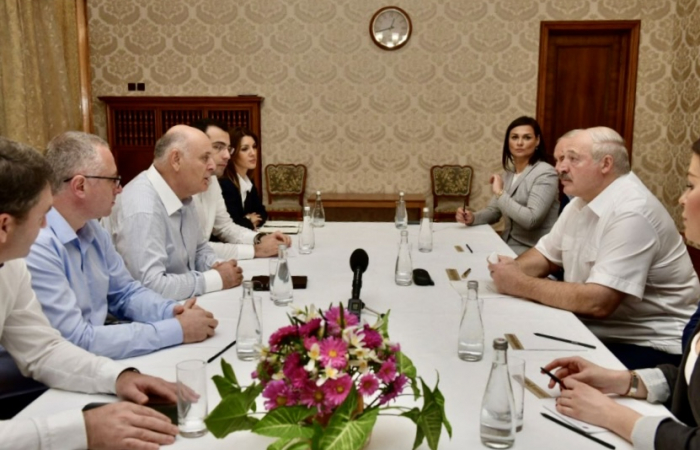Trending
Our War
24 February 2023
One year has passed since Vladimir Putin’s Russia attacked Ukraine, plunging Europe into a war that has already claimed the lives of tens of thousands, and devastated a whole country. Putin expected Ukraine to fall into his lap within hours. It didn’t. It resisted heroically. He also expected Europe, the United States and the rest of the international community to give a muddled response, and for things to be back to business as usual within weeks. It did not happen. The response of Europe, the United States and similarly minded countries was fast, resolute and robust. Having grossly miscalculated, Putin had two choices: to admit his mistake and recalibrate, or, to persist, and to keep digging despite the fact that he was clearly in a hole. Most countries have internal corrective systems that in such situations keep leaders in check. In Russia no such systems exist. So Putin keeps digging himself into a hole by threatening to escalate. What has been clear from day one, is that this is not simply Ukraine’s war. Countries can have disputes, and sometimes they also go to war with each other. Usually the world stands by and tries to bring the belligerents to the negotiating table and to restore peace.



